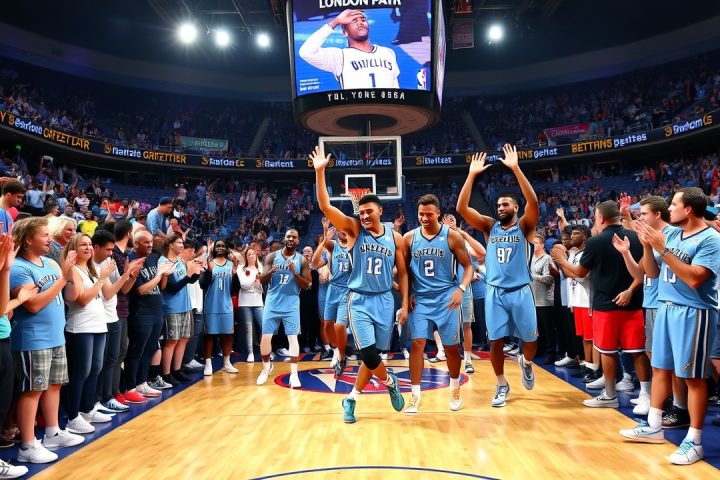Sepp Blatter’s Concerns on Saudi Influence in Football
Sepp Blatter, the former president of FIFA, has voiced his concerns that the world of football has effectively succumbed to the influence of Saudi Arabia, expressing disappointment over FIFA’s lack of resistance to the country’s rising power in the sport. Blatter’s remarks come in the wake of Saudi Arabia’s unchallenged selection as the host for the 2034 men’s World Cup, a decision made last December.
Saudi Investments in Football
In recent years, Saudi Arabia has made considerable investments in football, particularly highlighted by the acquisition of four clubs in the Saudi Pro League by its Public Investment Fund (PIF) in 2023. This followed PIF’s earlier purchase of an 85% stake in Premier League side Newcastle United. The impact of Saudi Arabia extends to FIFA’s operations as well; a landmark $1 billion broadcasting agreement for an expanded Club World Cup with the DAZN network, now partly owned by PIF’s sports division, illustrates the kingdom’s growing foothold in global football.
Brands like Aramco, Riyadh Air, and Visit Saudi have also gained visibility through sponsorship deals at both club and international events, further cementing Saudi Arabia’s presence in the sport. Blatter reflected on these developments during an interview with ntv, stating,
“We have lost football to Saudi Arabia. We offered it, and they took it. Surprisingly, there is no opposition to this within FIFA.”
Criticism of FIFA’s Management and Player Welfare
The ex-FIFA chief also criticized the new 32-team Club World Cup slated for this summer in the United States, remarking on the overwhelming number of matches.
“There’s too much football,”
he lamented, pointing out that the same players and teams are repeatedly engaged, leading to insufficient recovery time. Furthermore, he condemned the scheduling of matches during peak heat hours, which has been a significant issue this summer, labeling it “unhealthy and impertinent.” The player’s union, FIFPRO, echoed these concerns, urging FIFA to reconsider match timings to prioritize player welfare, though earlier slots are deemed more appealing for international viewers.
Blatter’s Legacy and Current Critique of FIFA
At the age of 89, Blatter also took aim at FIFA’s current president Gianni Infantino, criticizing the organization’s management and the modern operational approach that he believes lacks accountability. He recalled a recent FIFA Congress in Paraguay that was stalled as Infantino chose to meet U.S. President Donald Trump in Saudi Arabia and Qatar before the scheduled assembly.
Blatter’s tenure at FIFA began in 1998 and was marred by numerous controversies, especially regarding numerous corruption scandals and contentious World Cup selections for 2018 in Russia and 2022 in Qatar, which he has since acknowledged as a mistake. In other legal developments, both Blatter and former UEFA president Michel Platini have been cleared of financial misconduct by a Swiss appeals court, after initially facing bans from football for allegations surrounding a suspicious payment. They have persistently denied any wrongdoing, claiming the payment was a legitimate fee for consultancy work done by Platini.
Blatter’s candid remarks reflect a deep-rooted anxiety about the direction in which football is heading in light of unprecedented financial influxes from Saudi Arabia and the corresponding changes in global governance of the sport.




